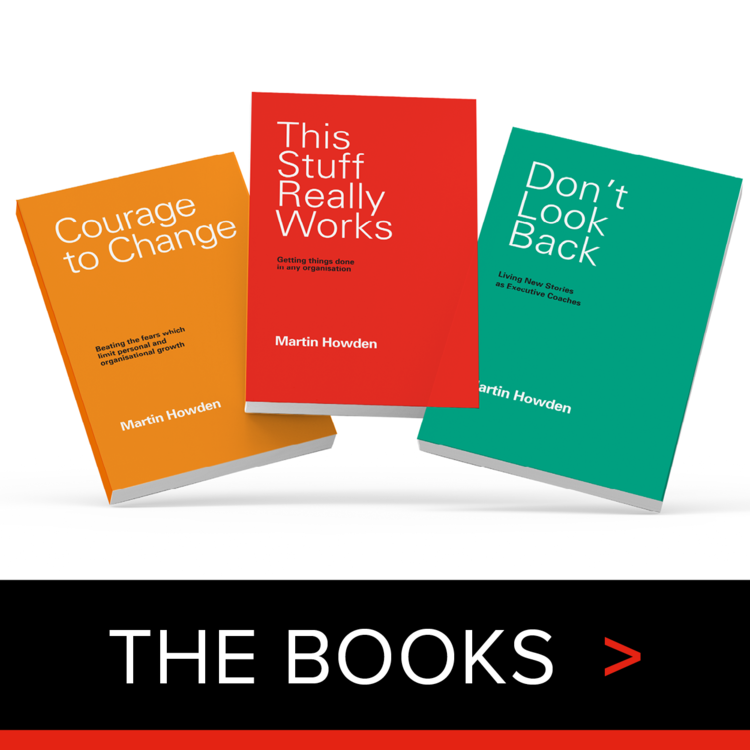HEROES AND VILLAINS
Donald Miller, in his little book “Hero on a Mission”, identifies four main characters in a story.
The victim, who feels there is no way forward.
The villain, who starts to channel their frustration in unhelpful ways.
The hero, who faces their challenges and overcomes them.
The guide, who helps the hero.
So let me tell you a story. It’s a story about Susan, who was angry, and at the beginning of our story, a victim.
She was angry about the injustices suffered by men and women in her organisation who had gone to the wrong school. Or simply not passed the right exams.
Our story could equally be about gender, or ethnicity, or something else. But for Susan it was about schooling. And very probably, also about social class.
The place where Susan worked (business, charity, public sector, faith group, voluntary organisation? – write your own story!) seemed to be run by a group of men who had all gone to the same schools and colleges, who socialised together, and ran the organisation as a club in which they, and only they, could grant access to senior levels.
Career development opportunities for Susan? Forget it.
Everybody knew Susan was angry, because she told them. Of course she did.
But Susan’s anger, whilst justified, was getting in the way of finding constructive ways forward. And the angrier she became, the more Susan moved from victim to villain, stirring up trouble and being uncooperative wherever she went.
Luckily, Susan had a mentor. Someone who had learned to navigate the system. She also found herself a coach who helped her to develop her “influencing skills”, as she came to call them. Shouting, it turns out, is an influencing skill, but one of limited value.
Susan had found her guides.
With guides and guidance in place, Susan began to make some changes. She learned to count to 100 (OK – maybe 10) before (over) reacting. She became harder to ignore simply because she was known for being angry. She became the person you went to if you wanted a certain type of problem solved. She began to be listened to. Through consistent demonstration of her ability, she was promoted on merit, fought for others to also get promoted on merit, and ultimately helped dismantle the “old boys club” that the organisation had been. At which point, Susan had become a hero.
It’s a great story. It fits Donald Miller’s simple model.
And so to the obvious question.
In the stories we are currently part of (and we are all part of many stories), which role are we playing right now?
May we all be heroes or guides, and not a victim or a villain. Because it’s heroes and guides that make the world a better place.


